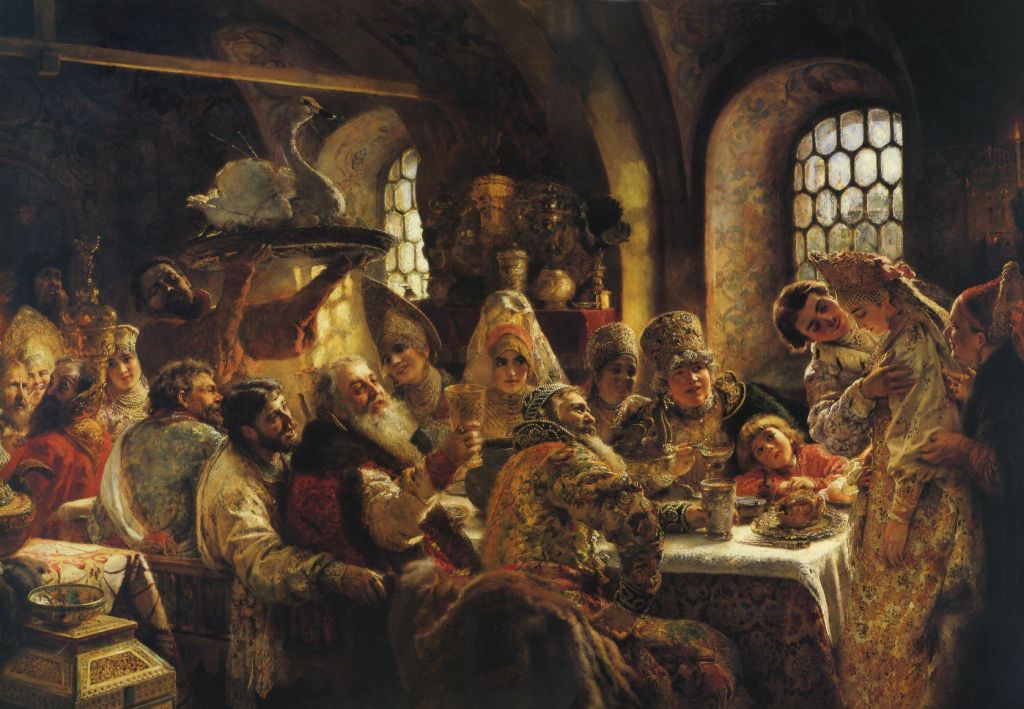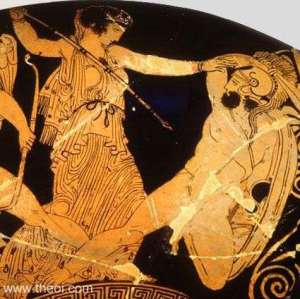
Wordy jumped like he’d been bit by a cottonmouth.
“Hell Well! Whadidcha do that for?”
Well Peden stopped in his tracks, and looked at Wordy.
“Do what Word?”
Wordy stood up and brushed off some of the beer that he had tipped over when Well startled him. But most of it had flooded the top of the small table or had already sunk into his breeches.
“Come stump around that corner like that?” Wordy said loudly, still annoyed, and though he had righted his glass much of the beer had soaked his pants. “Looks like I pissed my britches.”
Well smiled genuinely a moment and then laughed out loud.
“It does at that. But what ya mean ‘stump?’ You mean ‘stomp?’”
“I mean exactly what I said I mean ya mull-berry dumb-lump. You was stompin. But you also come a sneakin. You stump up on me. What are ya, deaf? Stompin and sneaking at the same time. Stump. And when ya did that you also stumped me and then I spilled my drink! Dang it!”
Well thought for a second, then laughed again.
“Don’t ya mean ‘Jomp’ then?”
“What?” Wordy said confused.
“Well, if I come a sneakin and a stompin and that made you jump, then don’tcha mean ya ‘jomped?’Ain’t ya keepin up with yerself? Stomp and jump – jomped. Ya jomped Wordy. Ya got stumped, and then you jomped. Simple as that.”
Wordy was speechless a moment and seemed annoyed again, momentarily anyway. But then a broad, toothy yellowed grin spread across his face and he said with real satisfaction,
“‘Jomp,’ as if sounding it out for the first time. “Say, I’m gonna write that down!”
Well looked at Wordy, then around the room. As if peering about for something. Wordy followed Well’s gaze ‘til it lit on him again.
“Whatcha gonna write it down with Wordy?”
Suddenly Wordy threw his hands up in the air exasperated.
“Hell Well!” he exclaimed. “Why do I have to think of everthang?”
Well laughed again.
“Beats me Wordy, but you’re fair to midlin at it.”
Wordy shook his head at Well. Well was his best friend but in Wordy’s opinion he sure was a lotta hard living.
“Whadda you want anyhow Well?” Wordy asked him suspiciously.
“’Bout what?” Well asked him sincerely.
Wordy threw his hands up in the air again and shook both fists at Well.
“’Bout why you stump me in the first place?!” Wordy shouted.
“Oh that,” Well said off-handedly. “I just wanted to see if maybe you wanted to get a beer.”
Wordy fumed and frowned at Well a second, then reached in his wet pants pocket and got two half dollars. He walked over to Well and pushed em both into his right hand.
“Yes, I wanna get a damn beer, and I had one til you come along and stump me!”
Then he kept walking. As he was leaving Well said,
“Whur ya goin Word?”
“Out in the sun ‘til my britches dry.” Wordy replied, as if the answer had been self-evident.
“Well, what do you want me to do with the coins?” Well asked.
Wordy stopped and looked at Well.
“Hell Well get us two new beers, and this time you tell that no count barkeep I want some decent headins on my tap. If I’m buying his swell he’s gonna give us decent headins this time!”
Then Wordy turned and kept walking.
Well looked at the coins. He thought that maybe Wordy had meant to say swill, then decided that maybe he had meant the beer was made with local well water. Beer-swill made of stagnant well water. Swell. Tasted like it anyway Well thought. But after briefly musing about that Well said,
“Yeah, I’ll jomp right on that Wordy.”
But Wordy had already hit the saloon doors and was stump-out by then, moving for mid-daylight to cool-off and dry out for a spell…
From The Letter(ed) Men (my Western novel)
(Post script: I keep a little notebook and a file for my wife’s “Wordisms.” For Wordy is based on my wife. And to be honest Wordy is one of my favorite characters to write. And write about, but especially his dialogue and “Wordisms.” He appears as a seemingly secondary or even minor character in my Western, the Lettered Men. But he’s not really a minor character as will be seen in the book.
He’s seemingly a background character who actually ties together all the other major characters. In time anyway.
But as I said Wordy is in many ways, including the way he behaves and talks, based upon my wife.
Tonight I came walking around a corner to the bathroom after we got back from Anderson and my wife jumped when she saw me. I asked her why she jumped and in reply she said,
“Because you stump around that corner!”
I immediately knew it was a new Wordism and asked if she meant to say “stomp(ed)?”
She said, “No, you stumped. And I don’t mean a tree stump.” Then she explained what she meant by saying stump.
I laughed and said, “If my Westerns become as popular as I think they will then I’m gonna make you famous baby became people are gonna be reading your ‘Wordisms’ five hundred years from now!”
So, being immediately inspired I went and wrote this little scene with Wordy and Well Peden. In this particular scene I’m Well Peden, of course. Kind of out of step for me, to be the minor character in my own scene/story/novel but it fit so perfectly with this scene that I’m well pleased I wrote it that way.
Hope you enjoyed it, and found it funny [I had a ball writing it], and Good Night… and thanks for reading and your support of my writings and Work.)




































You must be logged in to post a comment.